The House of Representatives Committee on Corporate Social Responsibility (SCR) took a significant step on Tuesday towards introducing legislative measures to impose penalties on individuals or organizations that fail to comply with corporate social responsibility regulations.
The committee issued a final warning to MTN and Airtel, signaling a potential escalation in the consequences for non-cooperation, urging them to comply with the invitation to appear before the committee or risk the issuance of arrest warrants.
Mr. Oby Orogbu, the Chairman of the Committee on Corporate Social Responsibility, made the remarks during a public hearing in Abuja, where lawmakers discussed a proposed bill aimed at regulating corporate social responsibility in Nigeria and addressing related issues.
Orogbu said that certain companies in Nigeria have consistently flouted the law, necessitating the imposition of penalties to hold them accountable for their actions and ensure compliance with the regulations.
She expressed her disappointment and frustration with the National Communications Commission (NCC), MTN, and Airtel, stating that they have repeatedly disregarded the committee’s invitations.
She said: “Section 89, 8 of the Constitution mandates individual companies as invited to make themselves available to parliament, but they break the law, and I want to tell you, sir, MTN Airtel, they take so much from our nation, and they feel too big to appear before the parliament. We will not tolerate that.
“I want you as a regulatory body to organize those telecommunication companies where they will be meeting between this parliament and the telecommunication.
“We gave them the powers to operate in Nigeria, so to refuse to honour the invitation of the parliament is a no, no, we take exception to it. The parliament is frowning at it, and this is an opportunity to say it clearly.
“If MTN is here and I have taken all friendly measures to make them understand the need to appear before the parliament, but they have refused, if you feel you are responsible, then you should appear before the parliament.
“We want you to be responsible and accountable. They operate across the country, and they have disrespected the same nation by not honouring our invitation.
”We want the committee to be socially responsible. If you are providing any social responsibility, let us know what you are doing. All we want to know is what you are doing. We are not here to hunt for any company.
“As a public affairs representative of the NCC, please reach out to these tele companies and tell them to make themselves available; if they disrespect the parliament, it doesn’t indicate anywhere that they are responsible.
“Other companies show up, give account and we even go on oversight, but NCC is one company that has given us problems, insisting that they are in court, which is not acceptable.”
During his presentation, Mr. Wondi Ndanusa, representing the Central Bank of Nigeria (CBN) Governor, expressed the bank’s support for the bill but voiced concerns about the proposed penalty of imprisonment for non-compliant companies.
Instead, he suggested that a more persuasive approach would be more effective than resorting to criminal sanctions.
Ndanusa said that numerous companies are struggling with significant financial obligations and responsibilities and suggested that a more lenient approach would be appropriate.
Additionally, he suggested that the Corporate Affairs Commission (CAC) house the Secretariat of Corporate Social Responsibility (SCR) to enable more effective regulation and support.
In her response, Orogbu said: “We have a lot of petitions on these companies causing problems for us in Nigeria; construction companies and oil companies tell companies, and over the years they have had their way, so I disagree that we make it persuasive.
“A lot of companies don’t understand that term; they keep defaulting; there must be a fine to make them responsible.”
Mr. Bala Wuir, representing the Oil Producers Trade Section (OPTS), expressed concerns during the hearing that the Petroleum Industry Act (PIA) already requires oil companies operating in Nigeria to contribute 3% of their profits to the Niger Delta Development Commission (NDDC), and imposing additional financial obligations on them would be excessively burdensome.
He urged the bill’s exclusion of oil companies from its provisions, requesting an exemption from the proposed corporate social responsibility requirements.
Orogbu responded by stating that exempting oil companies is not feasible, emphasizing that the committee needs them to report their corporate social responsibility activities for transparency and accountability.
He explained that the bill aims to establish a legal framework and guidelines for corporate social responsibility, ensuring better coordination and regulation.
Earlier, the Speaker of the House, represented by Rep. Julius Ihonvbere, stressed that the success of the legislative process hinges on public engagement and input during the public hearing.
He urged stakeholders to make valuable contributions that will help shape the bill into a meaningful reality, emphasizing the importance of their participation in the process.
He said: “Public hearing is part of our legislative process to engage the citizens in lawmaking, especially because the proposed law has impacts to make on the people.
“Your robust ideas and expected contribution to the discourse will no doubt shape the outcome of this meeting.”


















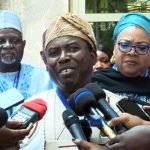
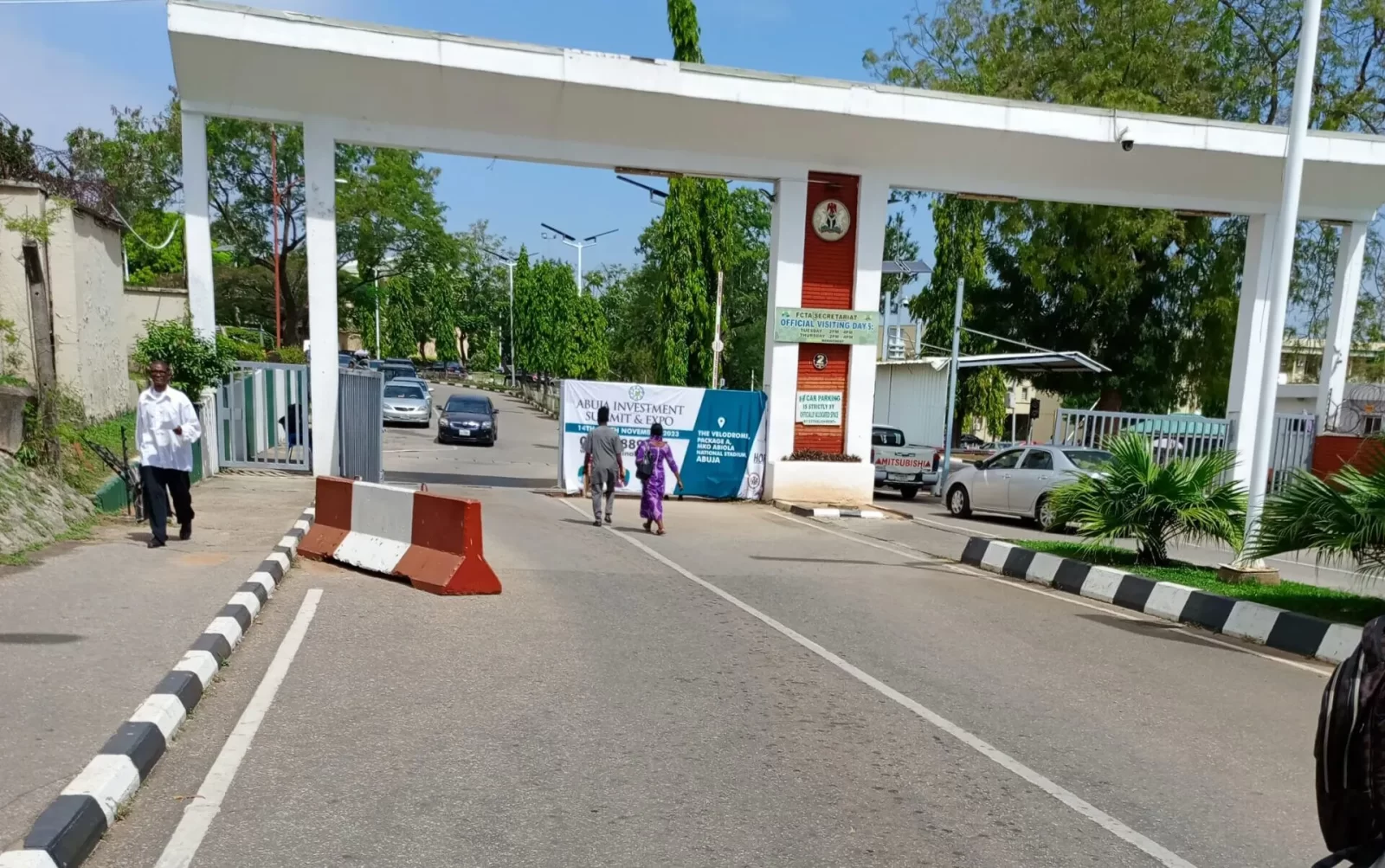
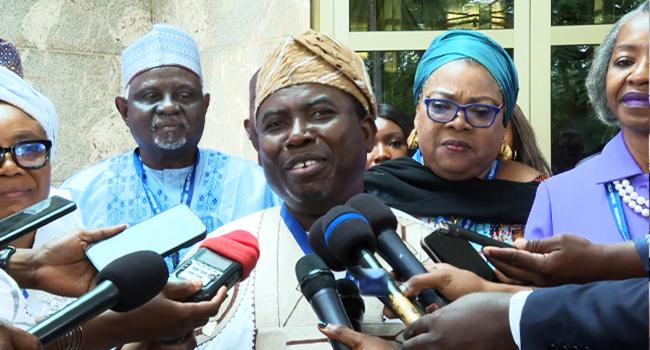


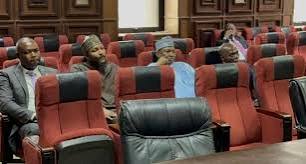












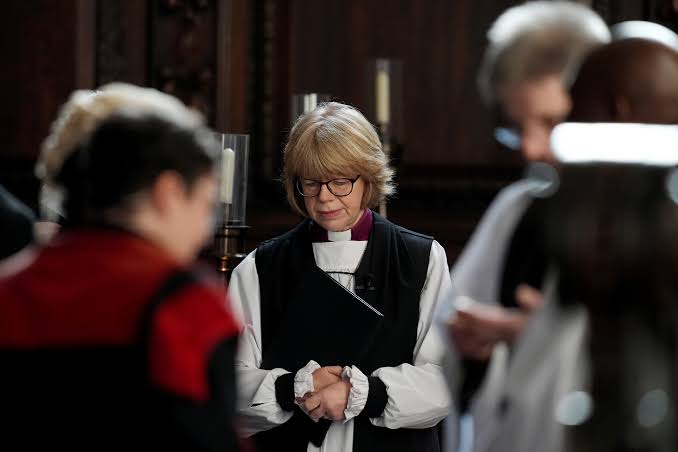

Leave a comment